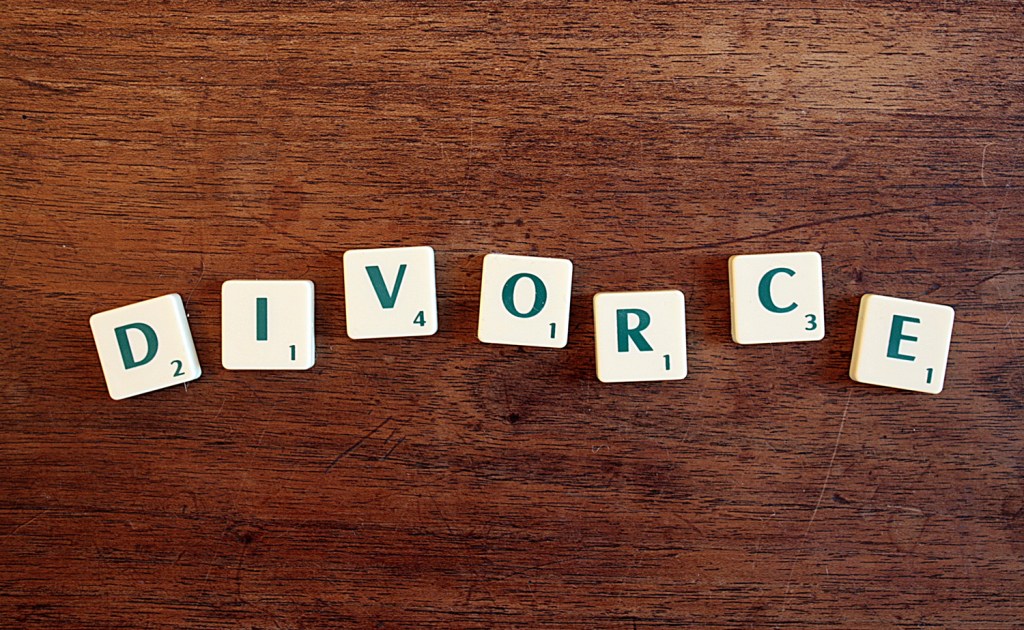
I recently watched the Oscar-winning Marriage Story (2019) on Netflix, Noah Baumbach’s love story filtered through a divorce, and found it very satisfying, even comforting, despite its sadness and stretches of raw emotions. And that’s because, like Kramer vs. Kramer (1979), Baumbach’s movie is, deep down, a movie about love, as he himself has commented.
The emphases, though, are very different in the two movies. While Kramer vs. Kramer was mostly about a father bonding with his son, here we see a father so absorbed in his creative work that he allows most of his relationships to be pulled into that whirlpool. He doesn’t see the needs and wants of his wife apart from their work together in the theater and he doesn’t truly connect with his son, who longs to have a world of toys and relationships and emotional and physical contact around his dad the way he does around his mom.
Both Scarlett Johansson and Adam Driver are absolutely brilliant in their roles. Apparently Baumbach requested lots of takes of their draining monologues until he got to a point where he felt the combined bits were perfect. And yes, the movie has a perfect pitch throughout.
I suffered a little from not seeing more urban scenes in New York and Los Angeles, but probably on account of Charlie’s (Driver) work in the theater, Baumbach, as writer and director, went for a more theatrical feel. And, as a friend would have put it, boy, did he succeed. We’re looking at romantic and parental relationships close up for a little over two hours, we notice every muscle twitch, and the fourth wall of the cameras dissolve. There is no sense, upon watching the film, that the cameras even moved. It’s as if we moved in those apartments and on those streets, just as we would if a theater play allowed us to do that during the performance. Even more so, we are almost like a silent extra actor, someone in the story who cares about these people and, outside screen time, interacts with them.
And yet, this is a movie. A so-called mumblecore movie, with lots of dialogue and naturalistic acting, unlike a play, where the actors are larger than life.
Okay, so what did impress me? The star, in my view, is Adam Driver. I don’t want to give spoilers, but he is able to bring us into his bubble and make us not only watch him, but care about him. Which doesn’t happen, for instance, with the divorce lawyer character that brought Laura Dern an Academy Award. She gives an excellent performance, but one that’s fun to watch, rather than engage with, a flamboyant performance that her character, too, gives for several others in the world of the film (among them Nicole, played by Johansson, Charlie’s lawyers, and a judge).
Johansson gives a wonderful performance too, but she’s a little more theatrical than naturalistic compared to Driver and as a result her performance is tainted with a sort of artificiality in the world of this film, an artistic production that wants to present its story in a way that’s as close to life as possible.
Johansson, though, in the role of an emotional wife and mother who has suppressed her needs and wants for a long time, is overflowing with pathos—which does achieve something, even if it’s not quite immediate emotional connection. What it achieves is a reflection on our part on Nicole’s decisions, something that doesn’t happen quite the same with Charlie, where we may tend to forgive him his shortcomings because he appears so trapped in them himself in an understated way, despite the visceral quality of some of his scenes. As we’re watching the film we may find we frankly don’t know what to do about Charlie. He’s trying his best, considering everything, including his last major decision, and we want him to change and see everything differently, but, like Nicole, we don’t quite know how he could do that. Unlike Ted (Dustin Hoffman) in Kramer vs. Kramer, Charlie seems incapable of dramatic change because of the strong pull his creative work has on him. And yet he tries. He suffers. And tries again.
As for the kid, Henry (Azhy Robertson), he’s made to look like a pawn in everything, but even in his downplayed role as a child of divorce, he manages to give a rather powerful performance. Despite seemingly not touched by much that happens around him, upon closer inspection the child does internalize a lot, and also, as we see toward the end, he tries to understand more of what’s happening to him and his parents. It’s a touching performance.
All in all, Marriage Story is an accomplished, moving film about divorce, yes, and also about mountains of tender love, bumbling inside.



Thanks for the recommendation. It sounds like a movie worth watching.
LikeLiked by 1 person
Thank you
LikeLiked by 1 person